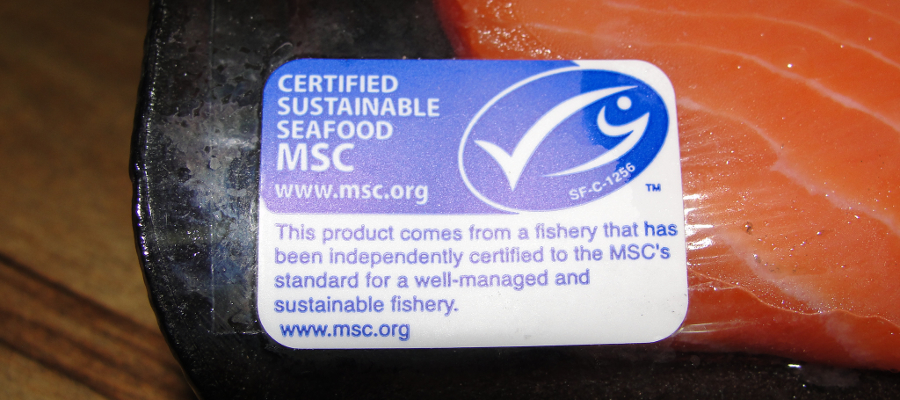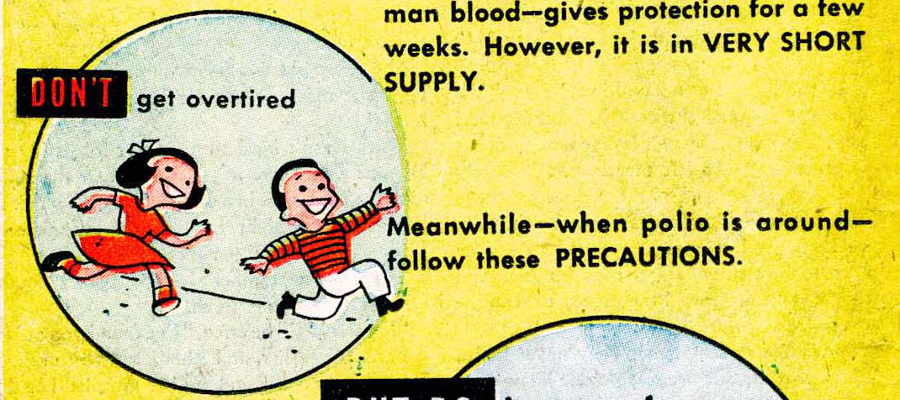Short News – Global

Millions saved from hunger
In 2016, the World Food Programme helped 82 million people survive hunger. Despite progress in recent years, 795 million people still don’t have enough to eat.

Great green energy growth
The world is now adding more green power each year than new capacity from all fossil fuels combined, though fossil fuel subsidies are still four times bigger.

Workers send more money home
World migrant workers now send 51 percent more money home to their families than they did ten years ago. This helps millions of people escape poverty.

Sustainable fish boom
There is now twice as much sustainable fish on supermarket shelves than in 2010. In total, 12 percent of the world’s catch now carries the blue MSC label.

Lawyers for the poor
Over the last three years, UNDP has helped 3.2 million people in various countries gain access to legal aid services. More than half were women.

Progress against poverty
38 million people escaped extreme poverty in 2016. In 2017, 28 million more people are expected to do the same.

More children can run and play
Three decades ago, 40 children were paralysed by polio every hour. But after years of vaccination work, only 37 children were infected during the whole of 2016.

HIV patients can live long lives
Thanks to advances in diagnostics and medicine, people infected with HIV now have the chance to live just as long as those who are not infected.

Selling off dirty assets
More than 700 big investors, among them organisations and governments, have now committed to selling off investments in fossil fuels such as oil and coal.

Big death penalty drop
The number of executions worldwide fell by 37 percent in 2016. The USA is now at the lowest level of executions since 1991.

Five years of cheaper food
For the fifth year in a row, world food prices continued to drop in 2016. Cheaper staple foods is good news for people in the world’s poorest places.

Fewer oil spills from tankers
In the 1970s, each year saw more than 24 spills from oil tankers on average. Today, the number has dropped to an average of 1.8 spills per year.